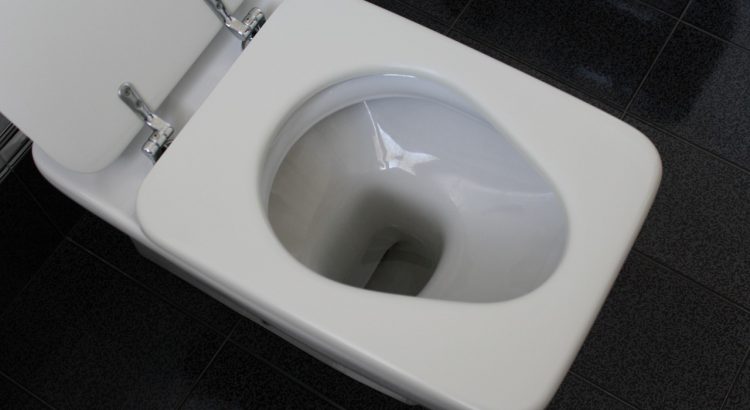Each month, we weigh in on a health and wellness myth and explain the real cause behind the malady.
This month’s misconception: You can get an STD from a toilet seat
People really do fear toilet seats! Many of us have heard that we could get a sexually transmitted disease from sitting on a toilet seat. In a survey of women at an OB/GYN clinic, 82 percent of respondents replied that they “crouch” over public toilets while urinating, and 12 percent said they papered the seat.
No medical evidence exists that anyone has ever picked up a venereal disease from a toilet seat. Why, then, has the myth persisted? The thought is that, when confronted by an angry partner wanting to know how he or she suddenly has a sexually transmitted infection, it has become easier to answer, “perhaps, from a toilet seat” than give the real truth!
In reality, people almost always get those diseases the old-fashioned way — from other people. While it is true that lice can travel on towels and clothes, they find cold, hard surfaces difficult to survive on. Lice need human warmth, and their claw-like feet do not attach to smooth plastic, wood or porcelain.
But before you get too comfortable, there are indeed bacteria and viruses that can be found on toilet seats. Streptococcus and Staphylococcus are two kinds of bacteria that have been found on toilet seats; the first can cause throat infection and impetigo, the second can cause skin infections, including boils and cellulitis. And viruses, such as the common cold virus and hepatitis A, can be found on toilet seats as well.
Fortunately for us, many of these micro-organisms only survive on the surface of a toilet seat for a very short time. In addition, our skin serves as an excellent barrier, preventing bacteria and viruses from entering our body.
Remember, when using any toilet, it is important to adopt good personal hygiene habits to prevent possible illness. Closing the toilet seat lid before flushing to prevent bacteria from being sprayed into the air (and onto your body) and handwashing with soap after using the toilet have been proven to be valuable deterrents to disease prevention.
Hilles Whedbee is a certified nurse midwife with Carroll Health Group OB/GYN.
